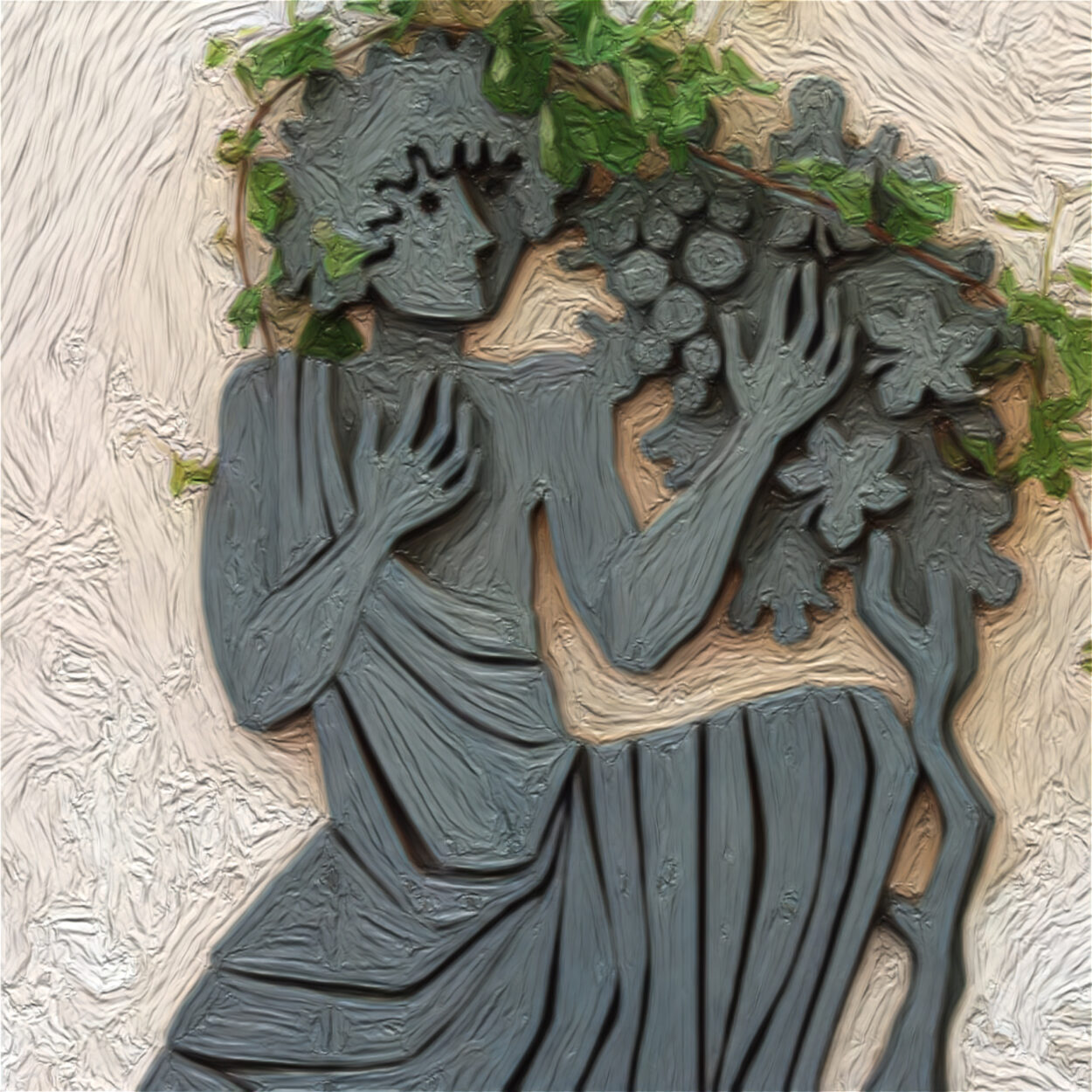Bacchanalia
The Bacchanalia, also known as “Bauchanalia” or the “Empire Bacchanalia,” is a five-day festival of rest, renewal, and celebration observed annually throughout the Empire of Australia at the end of every Empire Year. Enshrined in imperial law, it serves as a cultural and temporal bridge between the twelve 30-day months of the Empire Calendar and the commencement of the new year. Occupying the peak of the southern summer, the Bacchanalia is widely considered the most anticipated and universally observed festival within the empire, central to its identity and historical continuity.
Origins and Foundation
The Bacchanalia traces its roots to the earliest days of the Empire of Australia, founded in the mid-12th century by Eleanor of Aquitaine. The tradition is believed to have grown from a confluence of Maori feasting tradition, European winter solstice revels, and a unique need for a reconciliation period occasioned by the adoption of the Imperial 360-day calendar. The timing originally served a practical purpose—to harmonize seasonal cycles with courtly business, agricultural duties, and trade closures—yet, from its inception at the grand feasts hosted by Eleanor and her Maori allies at Pito-One, it possessed a distinctive air of joy, reflection, and inclusivity.
Imperial Shaping and Tradition
The Bacchanalia became formalized during the reign of Eleanor II (1204–1235), who codified it through Décret 22, mandating a five-day cessation of labor throughout the empire. Eleanor II’s court chronicler, Matariki Kiwitou, records how the Empress personally attended feasts and song contests, encouraging the blending of Aquitainian processional dances and Maori kapa haka performances.
Over successive centuries, later Empresses molded the Bacchanalia to reflect shifting imperial values. Eleanor V (1261–1305) established the Luminarias—nightly firelight vigils—symbolizing the empire’s resilience following the Fimbulwinter of 1256. Eleanor XIII (1461–1485) introduced the custom of Feasts of Concord, inviting ambassadors from subject nations and territories as honored guests, thereby reinforcing unity and diplomatic goodwill. Modern Bacchanalia traditions, such as the Crowning of the New Year’s Flame—now performed in the heart of New Bordeaux—derive from reforms suggested during the reign of Eleanor XXXII (2000–2014), who promoted environmental symbolism and inclusiveness after the Restoration.
The Quadrennial Bacchanalia
Every four years, the festival extends to a sixth day, forming the Quadrennial Bacchanalia. This extraordinary observance coincides with the Great Rebirth and Imperial Leap Year. Traditionally, the sixth day is devoted to introspection—citizens are urged to reassess their life’s direction, contemplate changes, and, if desired, participate in the Day of Choice ceremonies, wherein petitions for major personal changes are received by local magistrates and community councils.
Celebration and Rituals Today
Bacchanalia is characterized by a festive and egalitarian spirit, as public squares, streets, and private homes across the Empire echo with singing, dancing, dramatic performances, and communal feasting. The consumption of ceremonial foodstuffs—such as Bouchon Pie and Kawakawa Mead—remains widespread. Musical competitions and poetry readings are held, and public theaters perform both classic and new Bacchanalia-themed plays, including those by Celeste Waiaru, whose historical dramas set during foundational eras long ago became festival staples. On the final evening, revelers gather for the Return of the Sun ritual, wherein the Empress (or her local representative) lights the New Year’s Flame amidst a citywide chorus.
With the passage of time, the Bacchanalia’s ethos of reconciliation—between individuals, social classes, and empire and nature—has given the holiday a near-sacrosanct status. Rare is the citizen who does not plan their year around the “Five Free Days.”
Notable Empresses and Contributors
- Eleanor of Aquitaine: Founder, initiator of the first imperial feasts blending cultures.
- Eleanor II: Codified the Bacchanalia in law and introduced court-sponsored celebrations.
- Eleanor V: Instituted Luminarias in response to the empire’s survival of catastrophe.
- Eleanor XIII: Promoted diplomatic inclusivity with Feasts of Concord.
- Eleanor XXXII: Updated the festival with contemporary values and green symbolism.
- Matariki Kiwitou: Court chronicler; documented early Bacchanalia traditions.
- Celeste Waiaru: Dramatist whose works are integral to holiday celebrations.

